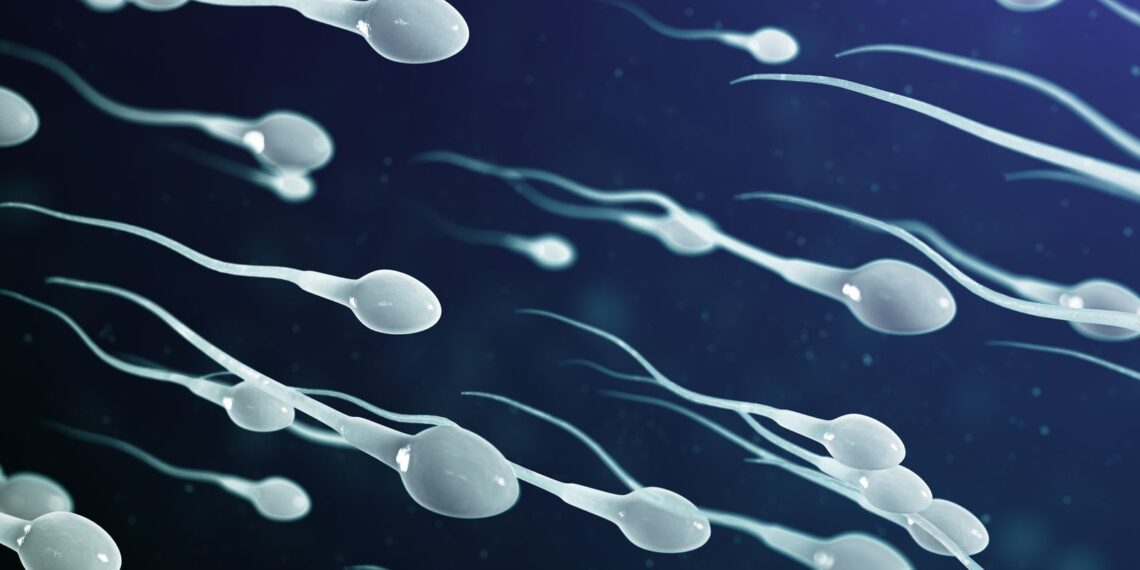For decades, fertility conversations have largely centered around women and the so-called “ticking biological clock.” But new scientific findings are challenging that long-held belief — revealing that men’s fertility also declines significantly with age.
Recent medical studies show that as men grow older, the quality and motility of sperm decrease, increasing the risk of genetic mutations, miscarriages, and developmental disorders in offspring. Experts say sperm DNA fragmentation and lower testosterone levels can affect both conception rates and child health outcomes.
This discovery is sparking renewed debate about gender bias in fertility narratives. For years, women have faced social pressure to “beat the clock,” while men were considered fertile for life.
Health specialists now insist that reproductive education should focus on both genders, noting that fertility is a shared responsibility — not just a “women’s issue.”
As one fertility expert put it, “It’s time we stop blaming the eggs and start acknowledging the science — sperm ages too.”



















